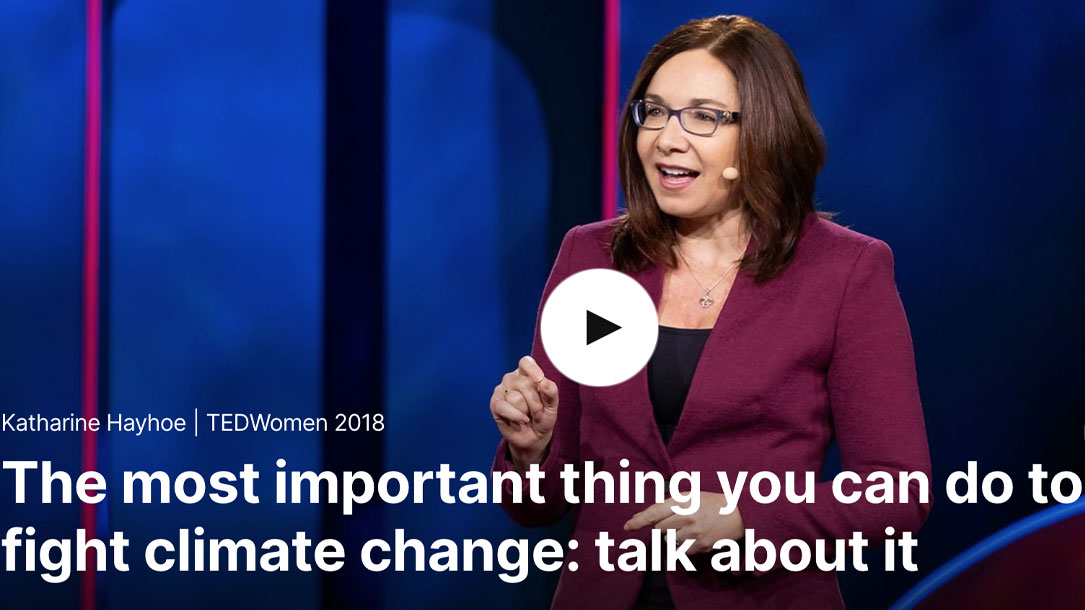
Land trusts need to talk about climate change
How do you talk to someone who doesn’t believe in climate change? Not by rehashing the same data and facts we’ve been discussing for years, says climate scientist Katharine Hayhoe.
In this inspiring, pragmatic talk, Hayhoe shows how the key to having a real discussion is to connect over shared values like family, community, and religion—and to prompt people to realize that they already care about a changing climate.
“We can’t give in to despair,” she says. “We have to go out and look for the hope we need to inspire us to act—and that hope begins with a conversation, today.”
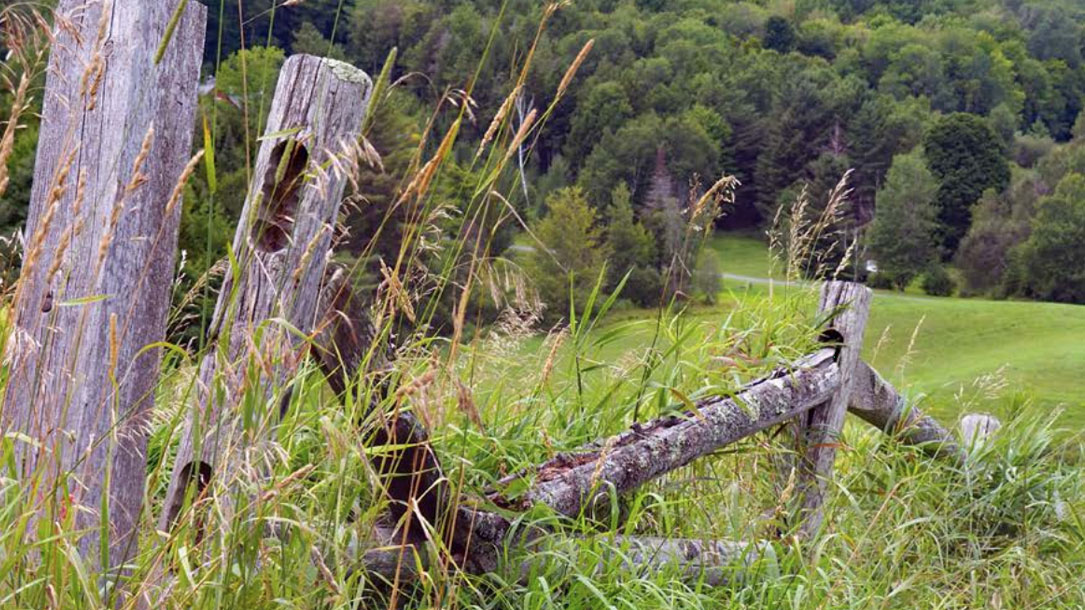
How to talk about climate change
The Land Trust Alliance and the Open Space Institute undertook a study to see how land trust supporters felt about their land trust talking about climate change. There was strong agreement that land trusts should, or could, talk about climate change.
That said, regardless of whether or not land trust supporters believe the data on climate change, I would suggest that it is a moral and ethical duty for your land trust to talk about climate change—and to provide ways people can slow it down.
The question is often, “How?” The report offers some suggestions on how to frame climate change as part of your communication and engagement strategy.

A local land trust incorporates climate change into its community event.
The Mohawk Hudson Land Conservancy, located in rural, upstate New York, is featuring a panel of speakers to focus on climate change at the Conservancy’s Annual Awards Dinner. This afternoon program will combine cocktails and awards with dessert—and a panel discussion at the end.
Mark King, Executive Director, notes that, “Our board and staff, as well as many in our community, want us to be stepping up our work on climate change. We are doing just that. This is a great way to let folks know—and inspire them at the same time.”
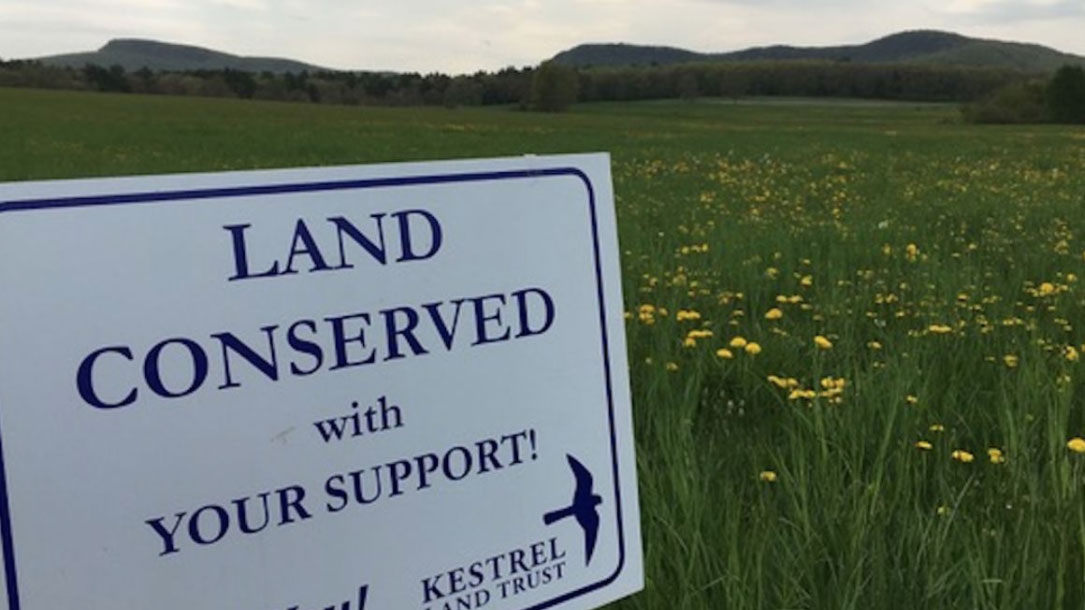
Becoming part of your community of change: Land trusts are joining coalitions and policy work to help slow climate change
Kestrel Land Trust recently decided to support the Citizen’s Climate Lobby as part of a coalition to support the Energy Innovation and Carbon Dividend Act.
“We recognize that climate change is a threat to all we conserve and hold dear,” explained Kristin DeBoer, E.D. of Kestral Land Trust. “We periodically advocate for conservation funding and policies to promote conservation—this is in the same category for us. The Land Trust Alliance has done a great job at clarifying that lobbying, and joining coalitions, can be part of our conservation work.”
Scott Jackson, Associate Professor in the Department of Environmental Conservation at the University of Massachusetts and Kestrel’s Board Chair, notes, “We recognize that climate change is a threat to the ecological and agricultural integrity of the land that we are conserving in the Pioneer Valley of western Massachusetts.”
Jackson goes on to say that, “In addition to positioning land conservation as a natural solution to climate change, our land trust is looking for other ways to take action. Being a part of the climate change advocacy community is similar to the need to advocate for conservation funding to acquire land. This is just as important.”
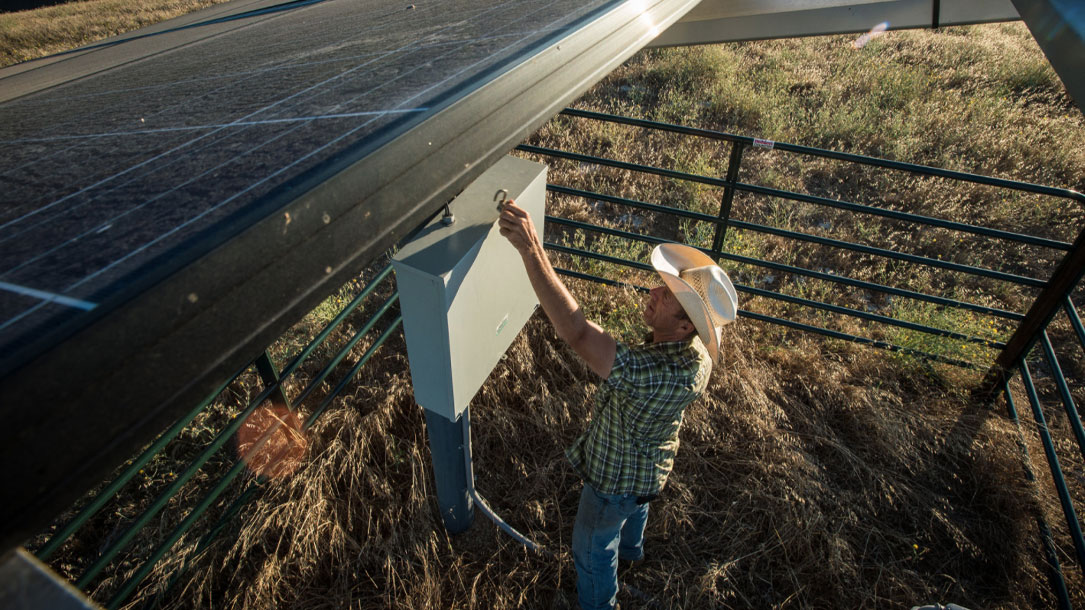
Three steps to better climate conversations and a communication strategy
Wondering how to communicate about climate change? Dr. Katharine Hayhoe, one of the world’s climate change leaders and scientists, provides tips on how to connect with people around climate change.
Remember that the vast majority of Americans want action on climate change. Many feel helpless about what to do.
Here are some tips on how to talk about climate change. They really are the same in any engagement strategy…

Do you have questions about divestment and socially responsible investment?
The Land Trust Alliance provides some thoughtful information on their climate change website about divestment and socially responsible investment. You may find it helpful when discussing whether this is a path your land trust wants to take as a moral, ethical, and financial statement.
As the financial world looks at the risks associated with fossil fuels, others are considering different investment strategies, as noted in this article earlier this year from Forbes.

The great climate silence: we are on the edge of the abyss but we ignore it
After 200,000 years of modern humans on a 4.5 billion-year-old Earth, we have arrived at new point in history: the Anthropocene. The change has come upon us with disorienting speed. It is the kind of shift that typically takes two or three or four generations to sink in.
Our best scientists tell us insistently that a calamity is unfolding, that the life-support systems of the Earth are being damaged in ways that threaten our survival. Yet in the face of these facts we carry on as usual.
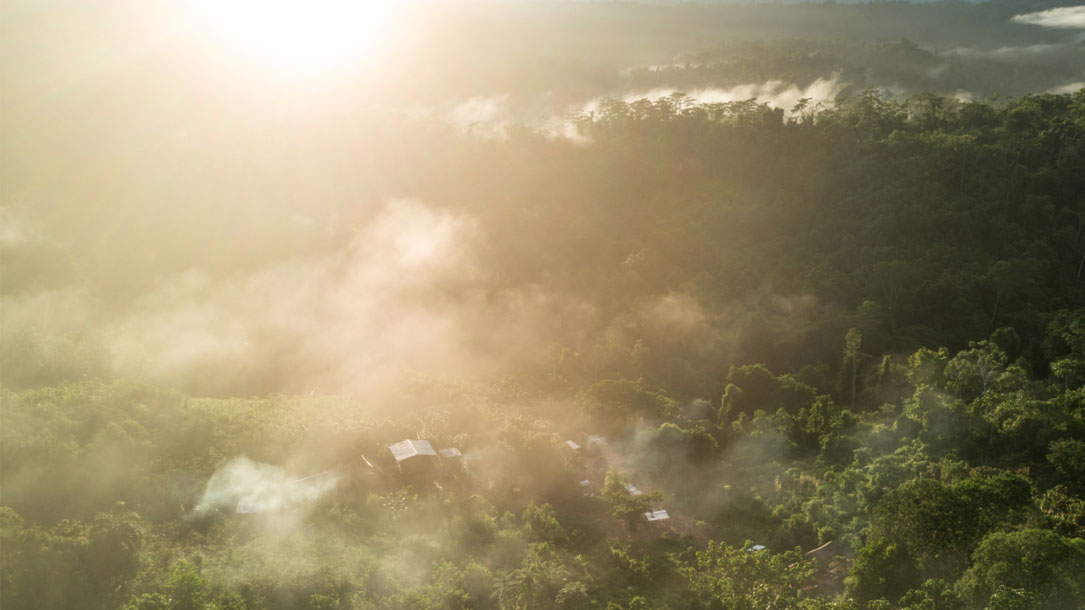
Concerning 2018 Global Warming Special Report
A new report by the International Governmental Panel on Climate Change reveals that if global temperature rise by 1.5°C, humans will face unprecedented climate-related risks and weather events.We are on track for a 3-4°C temperature rise.
It’s the final call; the most extensive warning thus far on the risks of rising global temperatures. If conservationists and land trusts are serious about conserving the living things in their communities they will need to rethink their relationship with renewables in a big way…
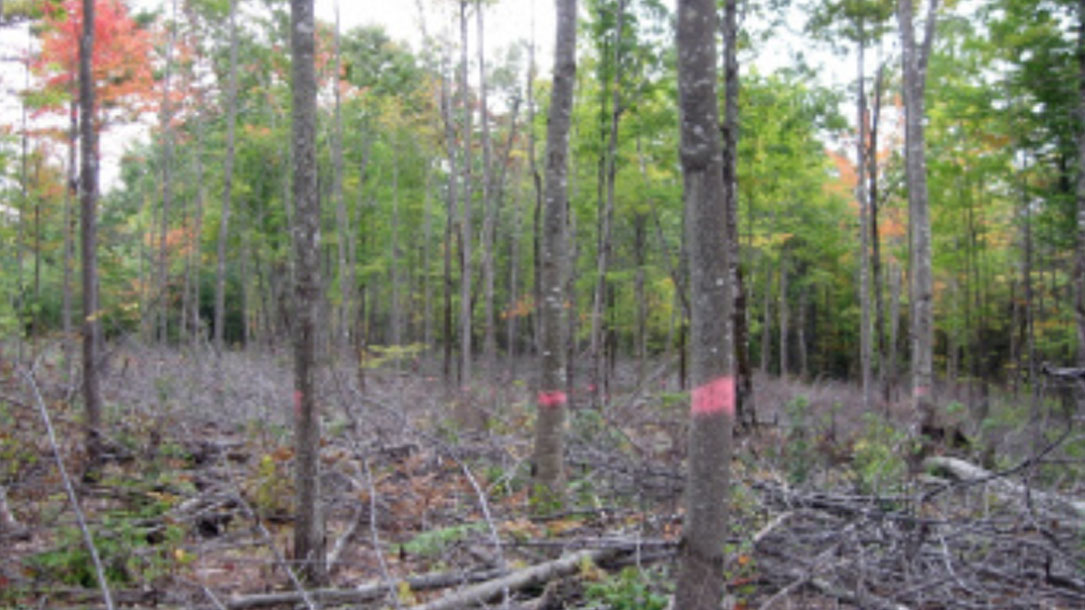
UNH research finds Maine forest management hampering ability of forests to reap climate benefits
Over the last 20 years, Maine’s forests have become younger and less dense. As a result, forests are not providing the most climate benefits that they could through carbon sequestration and storage.
However, more carbon could be stored over the next 100 years with less frequent harvests of smaller amounts of wood from each acre, according to new research from the New Hampshire Agricultural Experiment Station at the University of New Hampshire.
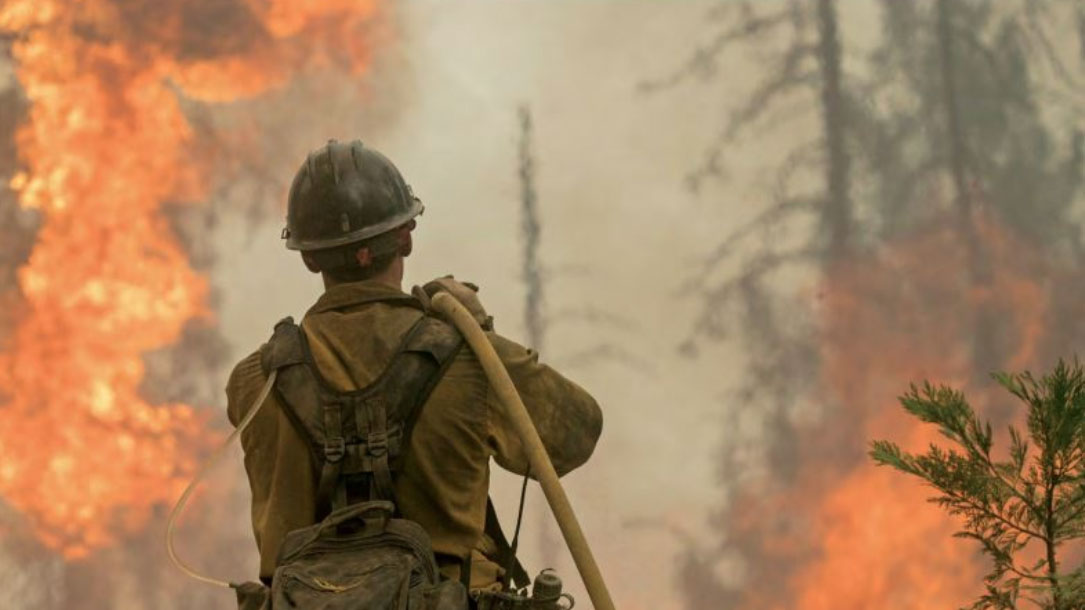
Connecting the dots…climate change action and conservation
The Pacific Forest Trust was one of the leaders in the land trust community in talking about climate change. Their focus on forests, why they matter, and how they are impacted by climate change hasn’t slowed down as they step up to lead, again, in calling for climate change action.
Check out their recent newsletter that brings the reality home and includes steps on what they are doing.












